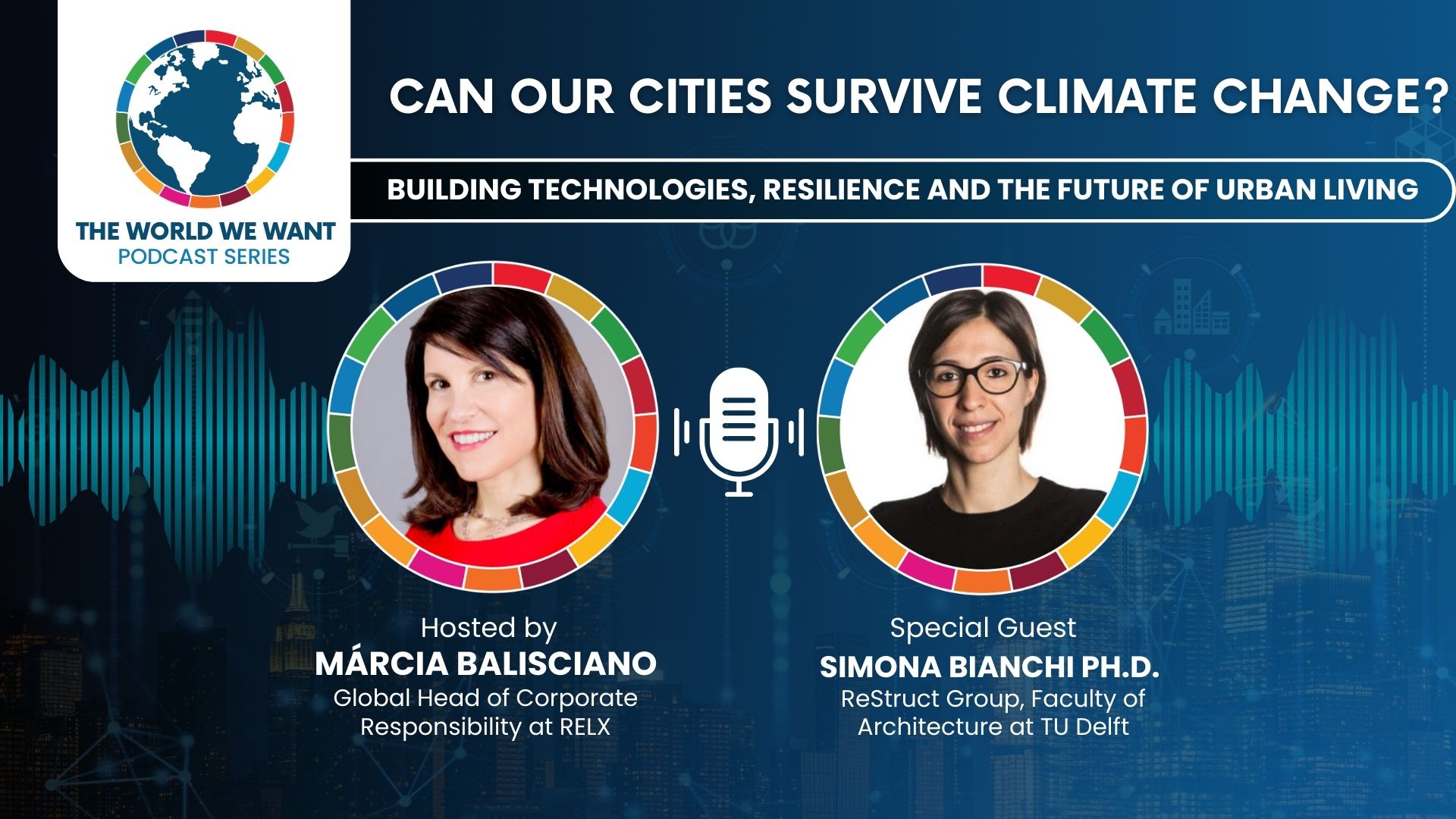Technology plays a central role in achieving the Sustainable Development Goals (SDGs), particularly SDG 9 (Industry, Innovation, and Infrastructure), SDG 4 (Quality Education), SDG 3 (Good Health and Well-being), and SDG 13 (Climate Action). The transformative power of technology can accelerate progress towards all the SDGs by driving economic growth, reducing inequalities, enhancing access to basic services, and promoting sustainability.
Under SDG 9, technology, particularly in terms of Information and Communication Technology (ICT), is a key enabler of industrial innovation and infrastructure development. ICT has the potential to drive economic growth by enhancing productivity, creating jobs, and fostering entrepreneurship. Moreover, it can contribute to making industries more sustainable by facilitating the transition towards smart manufacturing and circular economy models.
Regarding SDG 4, technology can greatly enhance access to quality education. Digital technologies, including e-learning platforms, can break down barriers to education, such as geographical distance, socio-economic status, and physical disabilities. They can also enrich the learning process by enabling personalized, student-centered learning experiences.
In the context of SDG 3, technology has a profound impact on health outcomes. Medical technologies, from simple devices like thermometers to complex systems like MRI machines, have revolutionized healthcare delivery. Furthermore, digital health technologies, such as telemedicine and mobile health apps, can enhance access to health services, improve patient outcomes, and reduce healthcare costs.
For SDG 13, technology offers powerful tools for mitigating and adapting to climate change. Renewable energy technologies can help to reduce greenhouse gas emissions, while climate information services can enhance resilience to climate impacts. Furthermore, digital technologies can facilitate the monitoring and reporting of climate actions, contributing to greater transparency and accountability.
However, the benefits of technology are not automatic, and there are significant challenges to overcome, including the digital divide, cybersecurity threats, and ethical issues related to privacy and data ownership. Thus, policy interventions and multi-stakeholder partnerships are needed to ensure that technology serves as a catalyst for sustainable development and does not exacerbate inequalities.
Bringing together industry leaders, innovators and global thinkers, Future Energy Insights by the World Future Energy Summit takes an in-depth look at renewable energy and sustainability. Featuring lively debate and passionate discussion, the series covers six core topics: clean energy, water scarcity, smart cities, circular economies, waste management and climate change. It shines a spotlight on the critical issues and major gamechangers shaping the sector today.
Drawing on insights from the United Nations 10-Member Group on Science, Technology, and Innovation for the SDGs, Beyond 2030 reviews the framework’s achievements to date and delivers critical insights into how the SDGs can guide global cooperation and decisive local action well beyond 2030.
Meeting SDGs in Smart City Infrastructures, Federation, Interoperability, and Discoverability, Smart Cities, 2026, Pages 151-189
This chapter supports UN SDGs 11, 7, and 3 by discussing how AI can improve various aspects of urban planning, transportation, public safety, and environmental management to create more livable and sustainable cities; highlighting AI as a key enabler for optimizing energy distribution, identifying areas for conservation, and integrating renewable energy sources to help cities achieve climate-neutrality goals; and explaining how AI can enhance healthcare services through personalized monitoring, diagnosis, and treatment, as well as improve access to basic healthcare for citizens.
The RELX SDG Inspiration Day 2025 focuses on the role of philanthropy in bridging the funding gap to achieve the UN Sustainable Development Goals, featuring insights from prominent thought leaders. To commemorate this event, Elsevier has curated a free Special Collection with the latest research on philanthropy and the SDGs.




